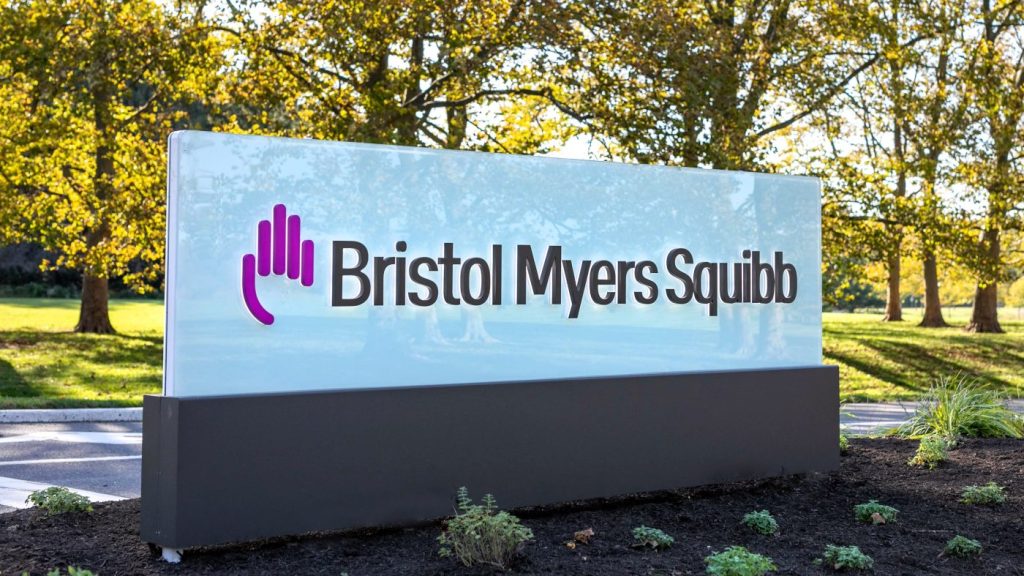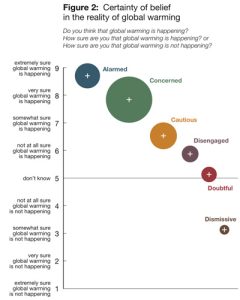Bristol Myers Squibb Demands Equal Drug Pricing in U.S. and U.K., Threatening Market Exit if Not Met

Drug manufacturer Bristol Myers Squibb has announced plans to charge identical prices for its new schizophrenia medication, Cobenfy, in both the United Kingdom and the United States. The company has warned that failure by the British government to comply could result in its withdrawal from the UK market. This stance highlights growing tensions over pharmaceutical pricing disparities between nations.
The disparity in drug costs between the U.S. and other developed countries is well-documented. A recent RAND Corporation analysis revealed that U.S. drug prices are 278% higher than those in 33 other nations, with British prices 270% lower than American rates. Foreign governments often impose price controls, limiting what pharmaceutical companies can charge. In the UK, the National Institute for Health and Care Excellence (NICE) evaluates whether new medications meet cost-effectiveness thresholds, using metrics like quality-adjusted life years (QALYs). NICE’s valuation of a QALY ranges from 20,000 to 30,000 pounds ($27,000 to $40,000), a figure significantly below the U.S. per capita GDP.
Such policies have enabled lower drug prices in the UK but placed an unsustainable financial burden on American patients, who subsidize global pharmaceutical innovation. The article argues that foreign nations have long exploited this system, restricting access to cutting-edge treatments while avoiding the costs of research and development. Bristol Myers Squibb’s approach reflects broader calls for fairer pricing models, with critics asserting that U.S. patients should not bear disproportionate costs for global medical advancements.
The piece also highlights the Trump administration’s efforts to reframe drug pricing as a trade issue, urging foreign governments to adopt market-based pricing rather than restrictive policies. Advocates argue that maintaining high U.S. prices ensures continued investment in novel therapies, benefiting patients worldwide. However, opponents warn that such practices risk limiting access to life-saving treatments for those unable to afford premium costs.






